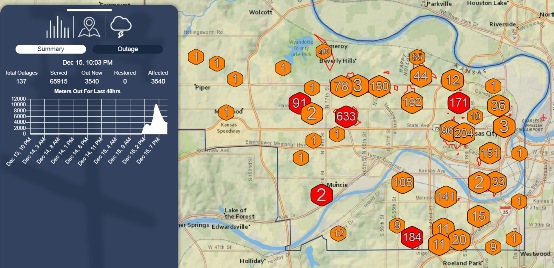The Kansas City, Kansas, Board of Public Utilities wants customers to be aware of utility scams telling residents their utilities will be shut off immediately
According to BPU representatives, multiple reports have been made about calls stating if payment is not made, services will be shut off within 30 minutes.
The caller claims to represent a local utility, and sometimes uses caller ID spoofing to convince victims the call is from a real customer service number, a spokesman stated.
The caller tries to get the customer to provide credit card information or other personal information, telling the customer a check has bounced or he or she has a past due bill. Imposters will often ask customers to use a pre-paid card for payment, according to the spokesman.
BPU will never ask a customer to purchase a pre-paid debit card, gift card, or any form of cryptocurrency, to pay for service, the spokesman stated.
BPU never asks for payment over the phone or threatens to disconnect utilities due to non-payment, the spokesman stated. Customers that suspect they are being targeted by a scam need to hang up right away and call the BPU Customer Service Department at 913-573- 9190. If you feel you have been a victim of a scam, work with your local law enforcement agency to report the crime, the spokesman stated.
Although BPU sometimes uses pre-recorded messages to notify customers about future dates for possible disconnection, they do not cold-call customers to demand immediate payment, according to the spokesman.
BPU offered tips for customers to protect themselves if they are unsure about a call, email, or visit from a utility representative:
• Never give credit or debit card, Social Security, ATM, checking or savings account numbers to anyone who comes to your door, calls, texts, or sends an email asking for information regarding your utility bill. Verify the request is authentic by either asking to see company identification or calling the BPU Customer Service Department.
• Be suspicious if you receive an email regarding your utility bill if you have not requested online communications from BPU.
• Never provide personal information via email or click any suspicious links or attachments.
The BPU spokesman said electric customers have been targeted by scammers using a variety of such scam attempts for a number of years across the country. Scammer calls to utility customers always seem to increase around the holiday season, according to the spokesman.

